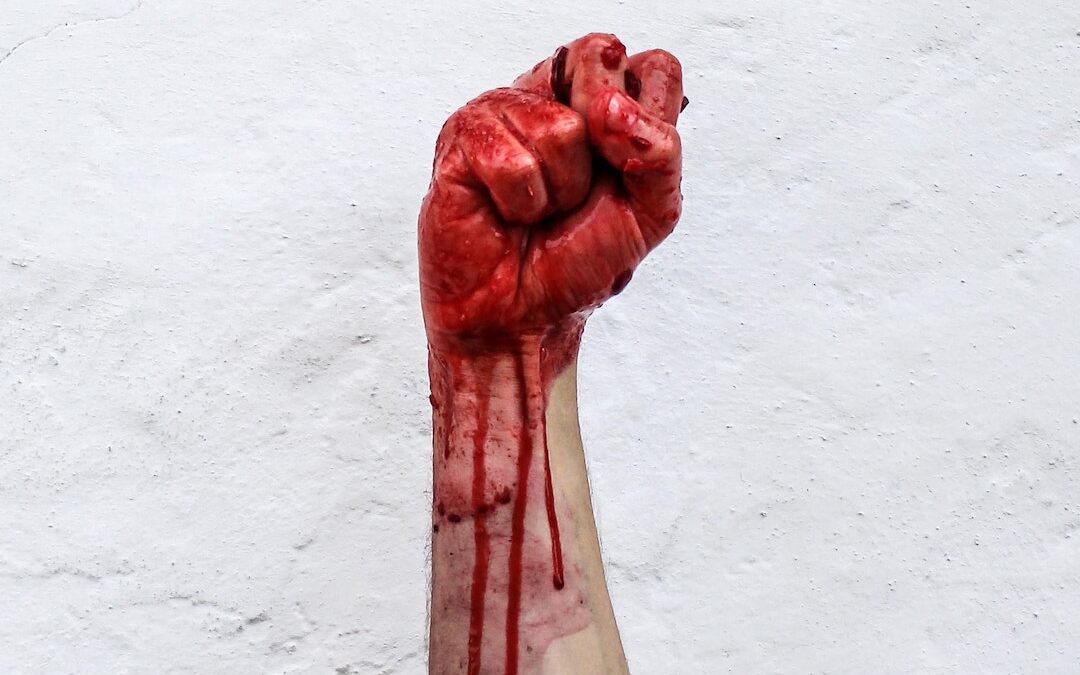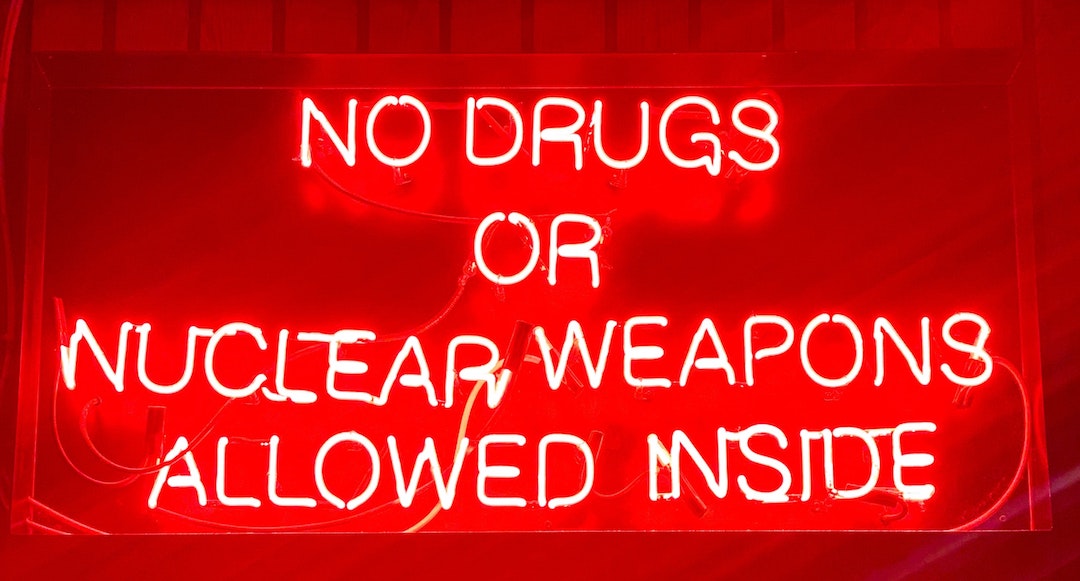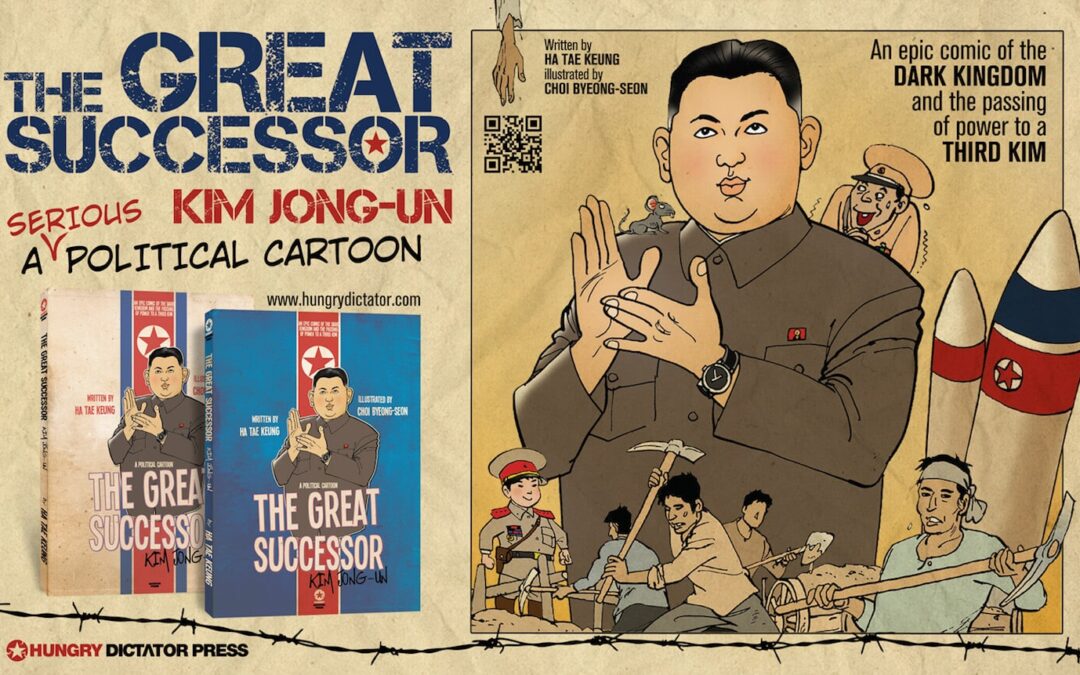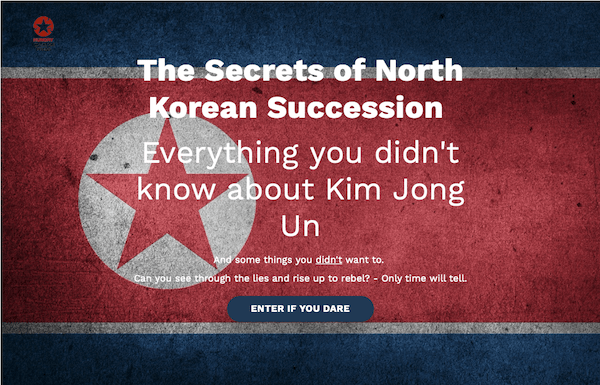
The Deadly Dilemma of Democratic Resistance to Dictators
How do we deal with the problem of resistance?
In this case, ‘the problem’ means something to consider, not something that necessarily has a solution.
Resistance itself implies that there is some kind of oppression. Oppression comes in many different forms (from economic to social) and in varying degrees (from a slap on the wrist to death). Resistance is a reaction to these forms and degrees.
Above we see the inklings of resistance. The workers of North Korea are questioning a third generational Kim retaining power in North Korea. There is no action besides the quiet mutterings of those daring to voice these concerns, but even that minimal amount of resistance stikes fear in the hearts of the strongest workers.
This reaction implies a heavy degree of oppression on the workers. It feels omnipresent for these workers and causes feelings of paranoia. Talking dissent is enough to cause concern for these workers, any actual action against their oppressive government must be truly dangerous.
Depending on the degree of oppression, resistance is dangerous. For the people of North Korea under Kim Jong-Un’s rule, resistance is deadly.
After several poorly thought out doctrines put in place by Kim (100,000 home initiative & currency reform come to mind) the people of North Korea are struggling.
They know who they have to blame and talk turns to action as the people get desperate enough.
This action turns into resistance, and the oppressive apparatus takes its due.
Resistance turns from being personally dangerous into a selfish act as generations of a traitor’s family pay for the indidividual’s actions.
Discouraging resistance through threats against family members might deter individuals… for a time.
This is an intensified oppression, however, and will garner an intensified resistance. Individuals become entire families, entire families become neighborhoods and the process continues.
In this way, resistance is infectious. Oppression is a common denominator that can span race, sexuality, religion and other denominations meant to differentiate groups. When oppression becomes all-encompassing, the need to resist will unite the oppressed.
In what ways do you feel oppressed?
By whom do you feel oppressed?
Let us know in the comments below!









